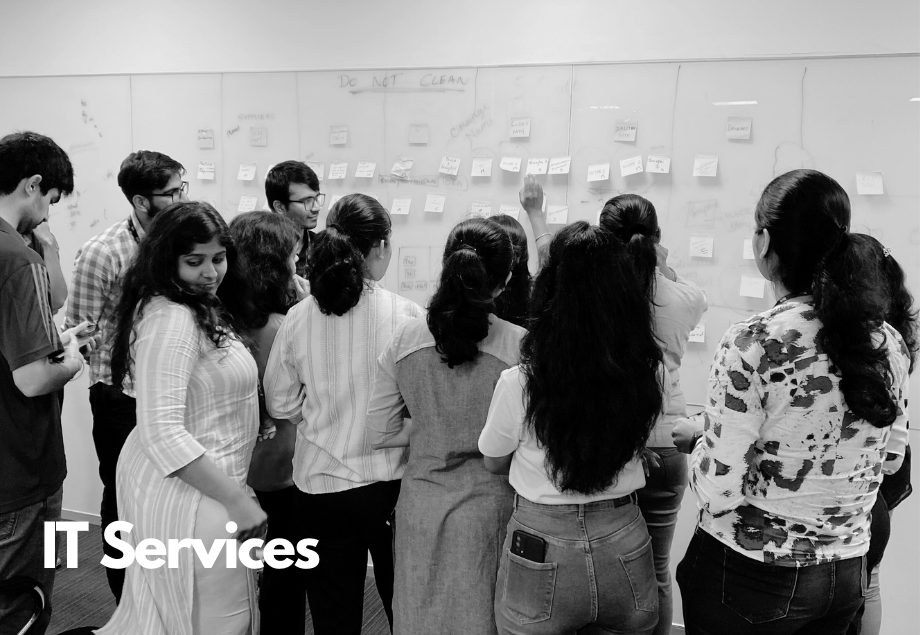Designed and delivered a contextual agile learning program for leadership
teams in manufacturing set up.

Client is a major FMCG giant with operations spanning across India for over a century. Leadership intends the organization to be more ‘Agile’ in general. The focus is for the teams to be more collaborative, innovative, have a bias towards action and move towards a culture of continuous improvement with an iterative approach.
Client is aware of the need for organizations to adapt to the constant changes in a VUCA environment and the value of actively seeking disruption. They want their mid level leadership to embrace agility in spirit, break silos, choose progress over perfection and be more customer centric.
The first step in developing this agile mindset is to ‘know’ Agile through an immersive Agile learning program for their leadership and managerial teams. Eventually the leadership team intends to become a more mature agile organization and internalize agile mindset and culture within the organization to continue its market leadership through constant innovation and disruption.
In the first phase of this engagement, we designed and curated a customized Agile learning program which was contextual to the client environment. The Agile program outline was constantly evolved during the program to align with the client environment. The challenge was to tailor the program from a Non-IT perspective and contextualize the subject matter to the FMCG and Manufacturing environment.
We focused on introducing core Agile concepts – incremental, iterative ways of working with closed feedback loops to inculcate a culture of collaboration, continuous improvement and customer centricity. Breaking down work in smaller pieces, encouraging teams to self organize, visualizing work progress, meeting frequently in a timeboxed set up, transparent communication, meaningful retrospectives, empathy driven product mindset and collaborative work environment were some of the key concepts which were introduced to the audience and the value they bring was articulated and communicated using various activities, games and discussions.
We conducted a series of workshops covering close to 120-140 participants across multiple client locations in India during a 6 month period in this engagement.
The learning program created a lot of buzz within the organization and the teams had great fun and learning during the workshops, we were able to trigger discussions around the current start of working – the good and the not so good, understand the perspective of middle management from operational and team management perspective and gained a lot of insights to prepare for the next stage of actual implementation – taking up projects and execute them using Agile ways of working.
We were able to align the teams on the need of ‘Agility’ in the overall system, the need to have a one-team mindset and the need for everyone to be equal stakeholders in this change. Leaders agreed that agility can be pursued at all levels without waiting for a top driven big-bang approach. Frequent meaningful retrospectives, flow based work management, more inter team communication and collaboration, timeboxing of events and effective time management were acknowledged as immediate low hanging fruits, which they can start without waiting for the entire system to be disrupted from the top.
We also took team feedback on better resource planning, more autonomy, robust recognition systems and growth opportunities and relayed them back to the senior management. This will help them to plan for the phase 2 of the program, where we move from the ‘knowing’ to the ‘doing’ part.
Benzne Agile case studies capture our transformation journey, problems we solved and outcomes achieved. We have incorporated a healthy mix of agile case study examples to provide reference across multiple client scenarios.

Set up a quick exploratory call with our team
Gurgaon Office
91springboard NH8, 90B, Delhi – Jaipur Expy, Udyog Vihar, Sector 18, Gurugram, Haryana 122008.
Bangalore Office
WeWork Embassy TechVillage, Block L, Devarabisanahalli Outer Ring Rd, Bellandur, Bangalore, Karnataka 560103.
consult@benzne.com
+918527663706
